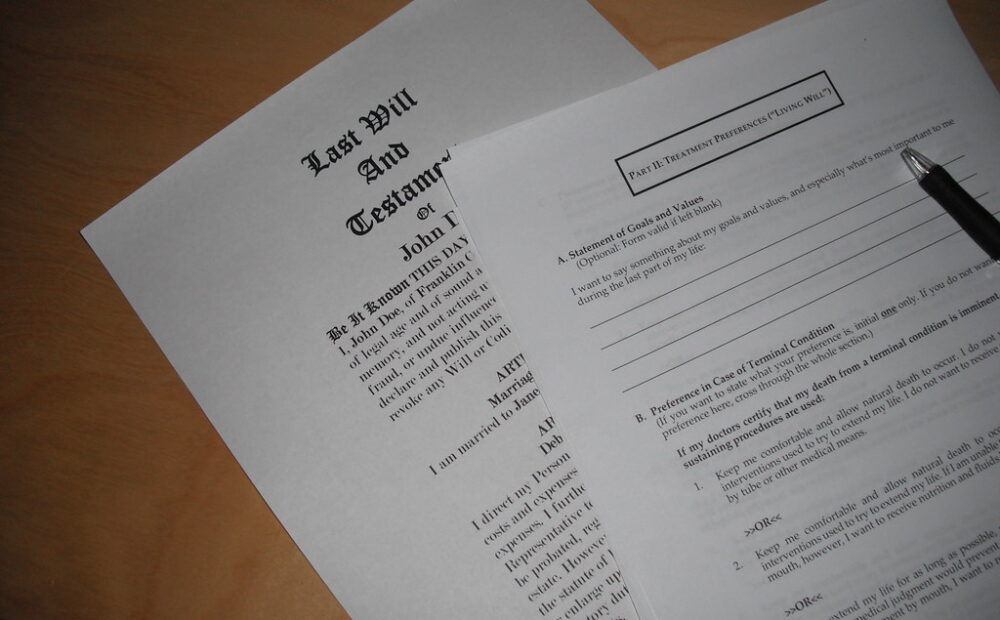The intricacies of the relationship between a tenant and a landlord are one of the most quintessentially deep-seated ones as far as relationships go. Its roots can be traced back to a long time back when the whole concept was crude and much more rudimentary. Having said this, proper attention should be given to the fact that it also has its share of occasional conflicts due to the opposing views and opinions of the two parties. In this article, we will try to shed light on one such important point of conflict, i.e. Can I sue my landlord for not paying the mortgage?

Who is a Tenant?
Basically, a tenant can be defined as an individual who in exchange for the fulfillment of certain obligations like monetary, gets the right to occupy a rental property under an agreement or lease. Although the interests and well being of the tenant is taken care of by the law, a large portion of the details of the relationship between the tenant and the landlord is typically compiled in the rental or the lease agreement. One of the fundamental duties of being a tenant is taking the proper time and giving due attention to each and every aspect of the agreement to save himself from any possible mistreatments or malicious intentions of the landlord hiding in the loopholes and legalities.
Rights of a Tenant
As a tenant, an individual is guaranteed certain rights under the purview of the law-
- Right to say no if the landlord wants to construct an oral agreement
- The right to enjoy privacy
- Right to refuse to leave the premise without receiving due notice
- The right to recover the security deposit
- Right to dispute any unlawful changes in rent
- The right to decide the duration of the tenancy
- Right to essential services
Who is a landlord?
A landlord is essentially an individual or a business entity that has ownership of the real estate. He in turn rents or leases it out to prospective tenants by the means of a rental agreement or a lease agreement in exchange for certain benefits. Being the owner, he enjoys a substantial amount of autonomy over the whole process and the entire tenant-landlord relationship. A landlord generally provides the means for basic amenities like maintenance and repair work. Every detail of the relationship and the respective duties of the tenant or the leaseholder and the landlord himself is described in the agreement.
Rights of a Landlord

Similar to the case of a tenant, a landlord is also entitled to certain rights and privileges. Although, it should be noted that the rights should be in accordance with the tenant’s rights
- Right to evict the tenant under specific circumstances
- The right to gain temporary possession of his land from the tenant
- Right over the rent rate
- The right to be advised of repairs and maintenance
Now, coming to the question of the hour or one of the most discussed and controversial points of conflict in the tenant and landlord relationship,
Can I sue my landlord for not paying the mortgage?
Let us first get accustomed to the idea of the word ‘mortgage’.

The origin of the word mortgage can be traced back to the French language. Despite the fact that in the French language, its literal, meaning is “death pledge”, the mortgage is nothing but a simple home loan. In even simpler words, it is an agreement between the bank and the borrower to lend money in exchange for a property or real estate. The bank allows the buyer to pay off the loan in the course of periodical payments in exchange for the money it lends. Mortgage can also be obtained from a mortgage broker.
In this case, the buyer or the landowner who has purchased a piece of property or real estate by taking a mortgage or a home loan from the bank is obligated to pay back the bank the amount he owes in the course of periodical instalments. The tenant on the other hand, who has signed a rental or a lease agreement, is entitled to the duration of the stay in the property for which he paid for without any hindrance or hassle.

Now, if the landowner is unable to pay back the money he owes to the bank, the bank, after giving due notices and time to the owner will naturally resort to the last option in its hand- seizing of the property from the hands of the owner. The tenant who has nothing to do with it becomes an unfortunate victim of the whole debacle and is forced to move out before the agreed-upon time and despite paying the rent.
Summary
So, to answer the main question,i.e. Can I sue my landlord for not paying the mortgage? Yes, the tenant does have the right to sue the landowner for not paying the mortgage due to which grievances are caused to him and forced him to evacuate the property. The tenant can also try giving an ultimatum to the landowner before taking the matter to court if he wishes to take care of it discreetly. He can ask the landowner to pay him back the security deposit and refund the money that is due to him.





























